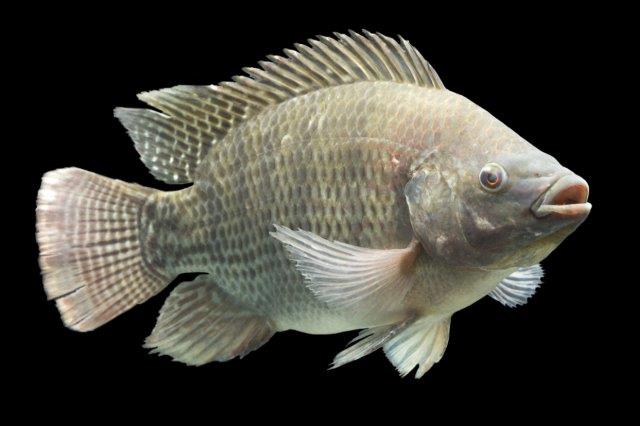FOR IMMEDIATE RELEASE
ACS News Service Weekly PressPac: February 11, 2015
Making a better wound dressing — with fish skin
ATTENTION: The authors retract the article “Development of Biomimetic Tilapia Collagen Nanofibers for Skin Regeneration through Inducing Keratinocytes Differentiation and Collagen Synthesis of Dermal Fibroblasts”, ACS Appl. Mater. Interfaces 2015, 7, 3253–3262, DOI: 10.1021/am507990m, on the basis that the interpretation of some experimental data and the representation of some of the cited literature were in error. Areas of concern include the methods of determining the denaturation temperature of the collagen, some of the associated references to the literature, and calculation of the data obtained from the immunoassay. Taken together, these errors warrant retraction. The Corresponding Author regrets the above errors and acknowledges that they were a result of procedural flaws. (http://pubs.acs.org/doi/abs/10.1021/acsami.5b07490)
Making a better wound dressing — with fish skin
"Development of Biomimetic Tilapia Collagen Nanofibers for Skin Regeneration through Inducing Keratinocytes Differentiation and Collagen Synthesis of Dermal Fibroblasts"
ACS Applied Materials & Interfaces
With a low price tag and mild flavor, tilapia has become a staple dinnertime fish for many Americans. Now it could have another use: helping to heal our wounds. In the journal ACS Applied Materials & Interfaces, scientists have shown that a protein found in this fish can promote skin repair in rats without an immune reaction, suggesting possible future use for human patients.
Jiao Sun, Xiumei Mo and colleagues explain that applying collagen — a major structural protein in animals — to wounds can help encourage skin to heal faster. But when the protein dressing comes from mammals such as cows and pigs, it has the potential to transmit conditions such as foot-and-mouth disease. Searching for an alternative source of collagen, scientists recently turned to the ocean. Sun’s team wanted to test fish collagen’s potential as a more benign wound treatment.
The researchers developed nanofibers from tilapia collagen and used them to cover skin wounds on rats. The rats with the nanofiber dressing healed faster than those without it. In addition, lab tests on cells suggested that the fish collagen was not likely to cause an immune reaction. The researchers conclude that it could be a good candidate to develop for clinical use.
The authors acknowledge funding from the National Natural Science Foundation of China.


